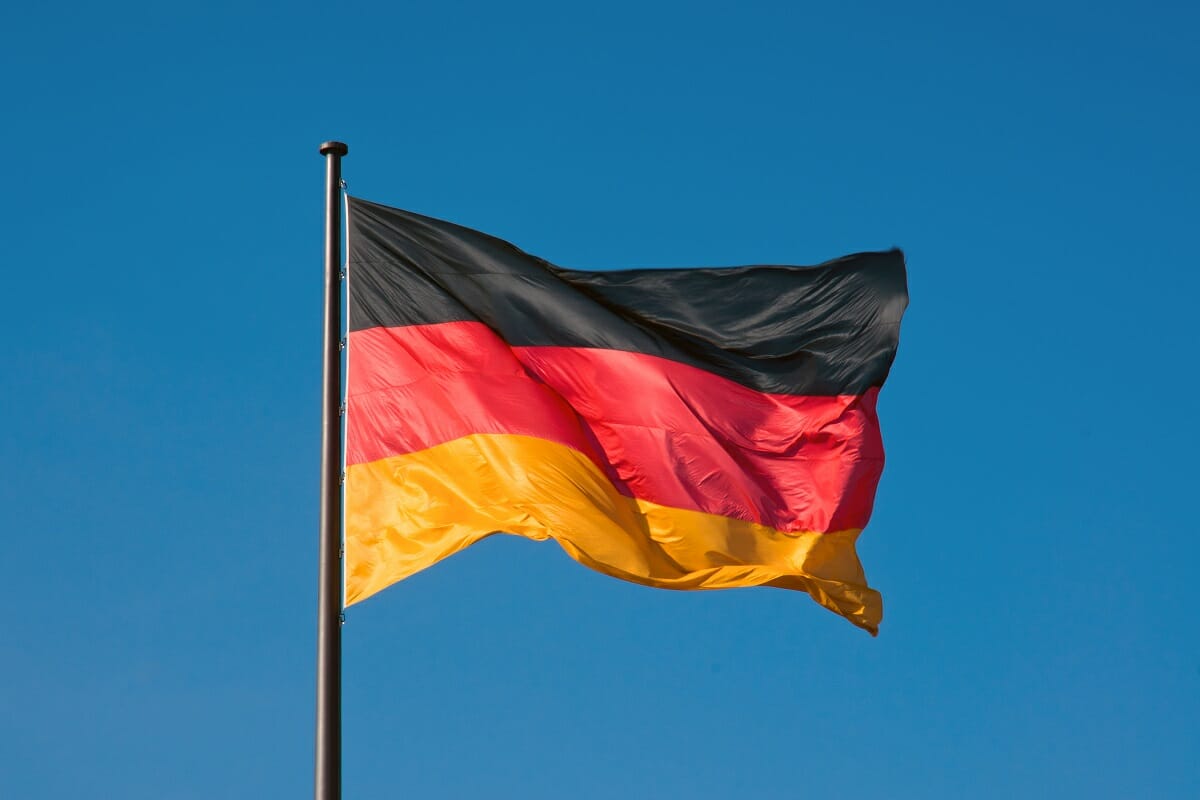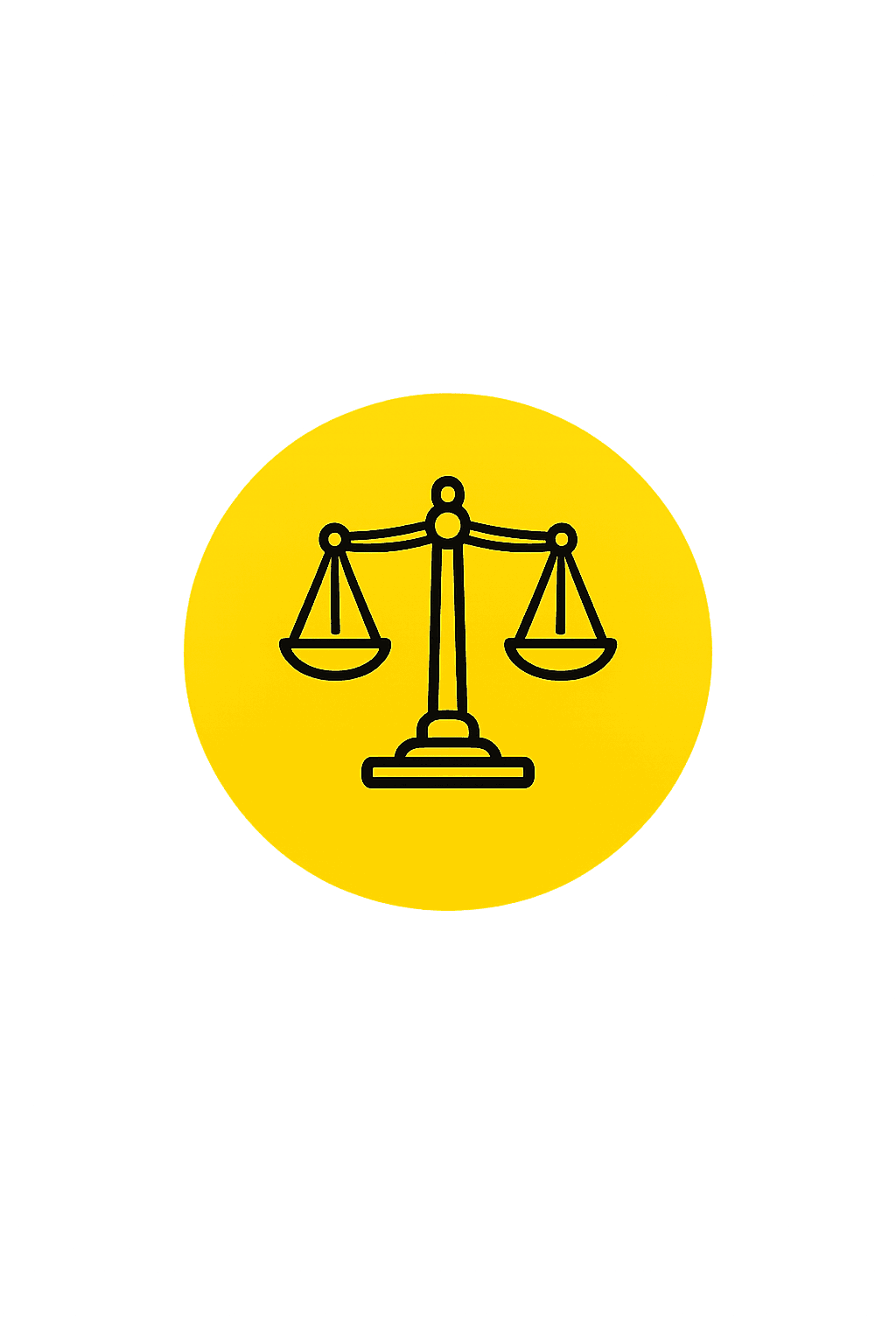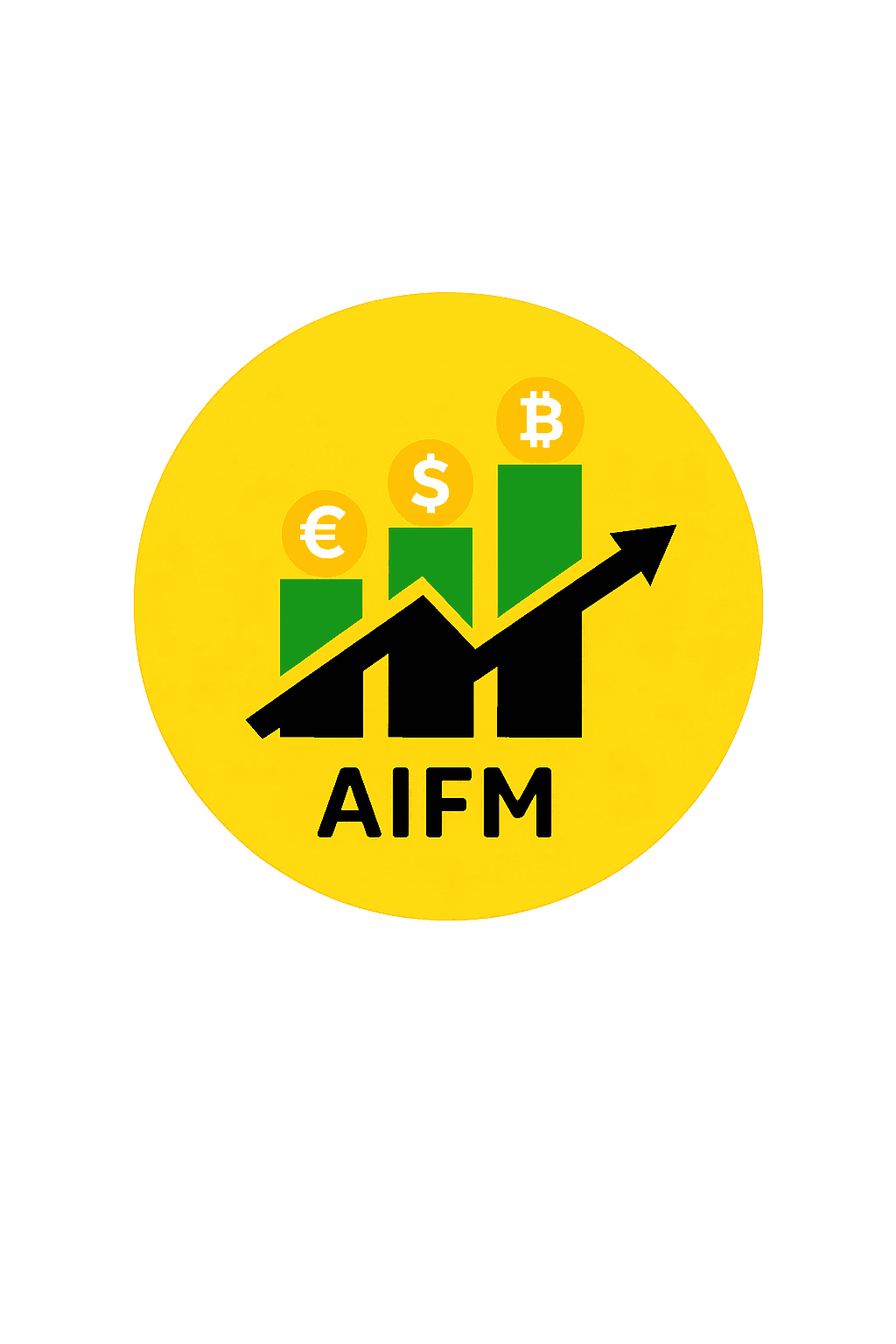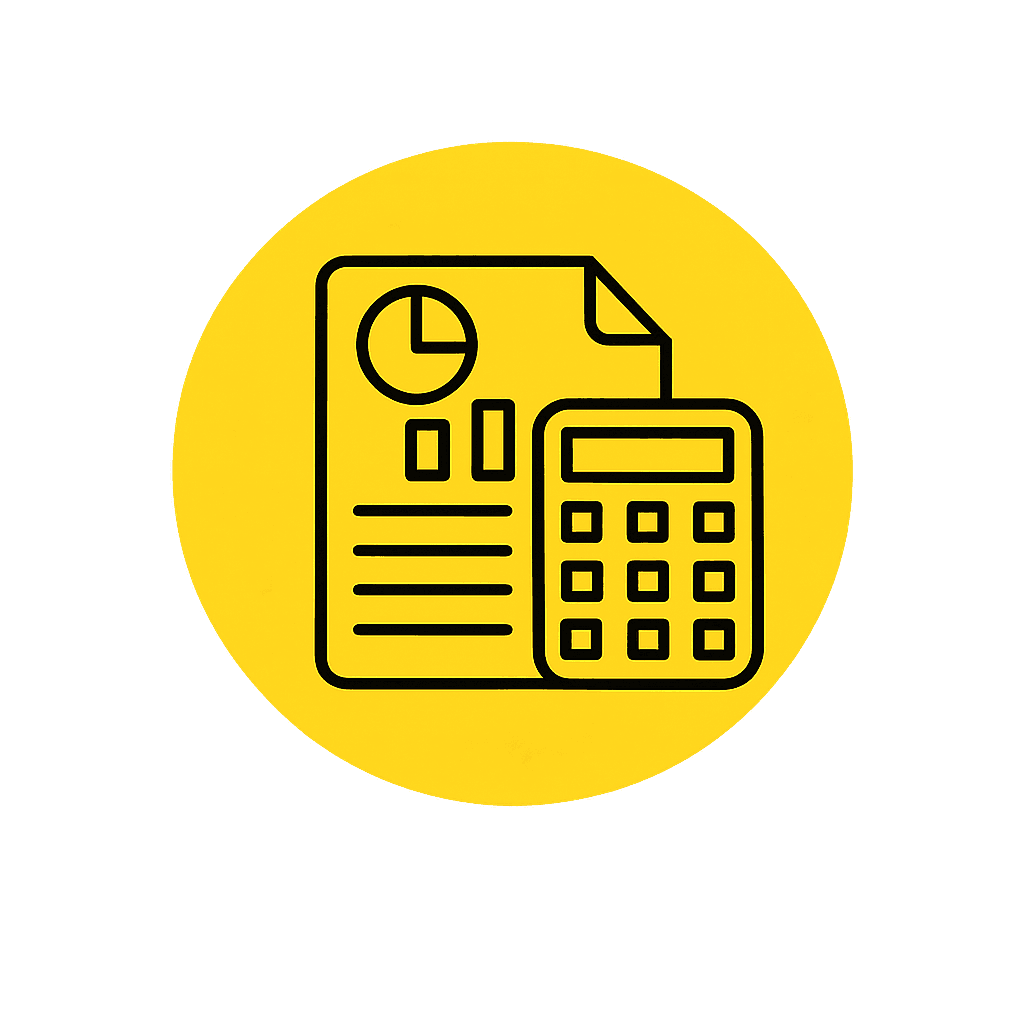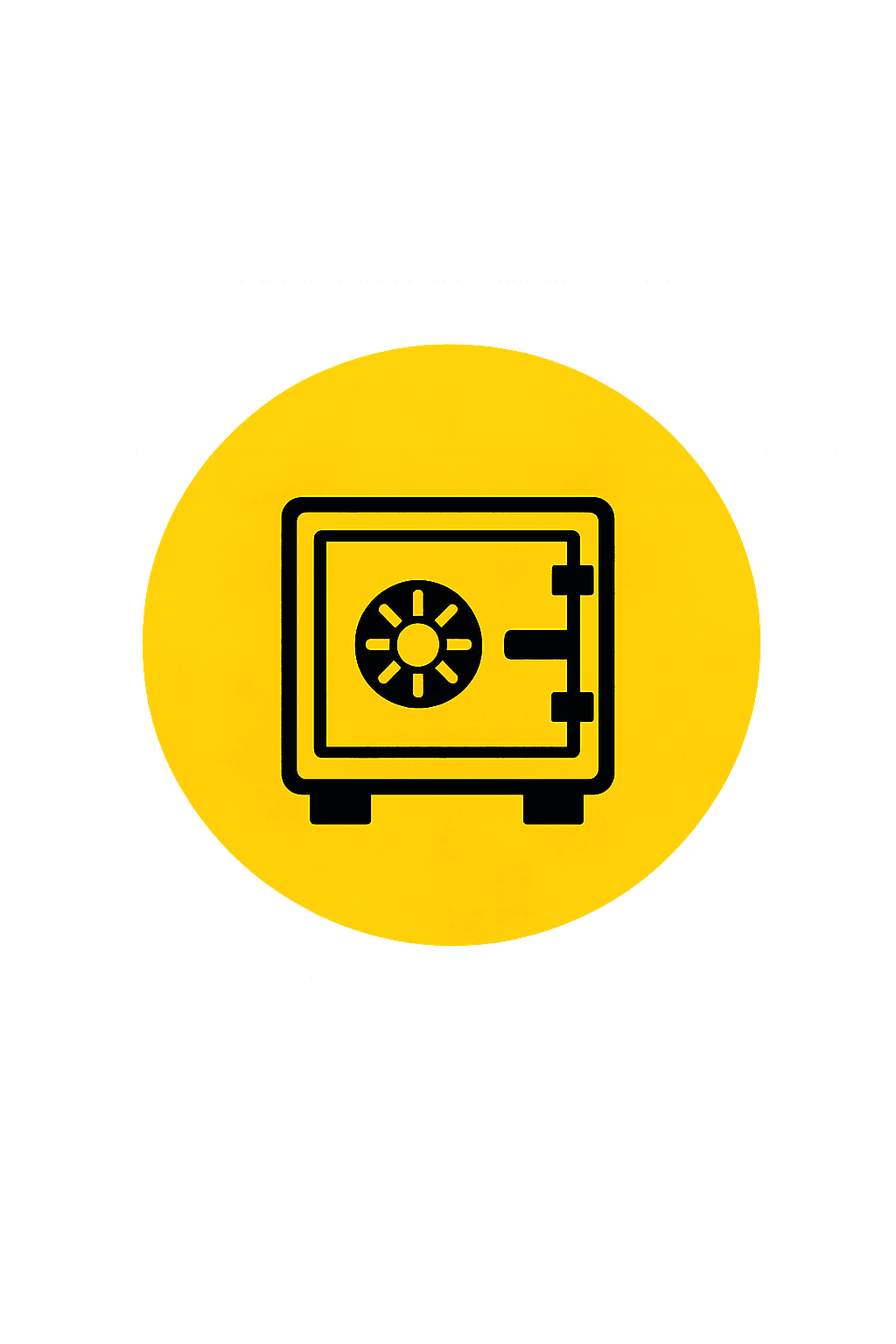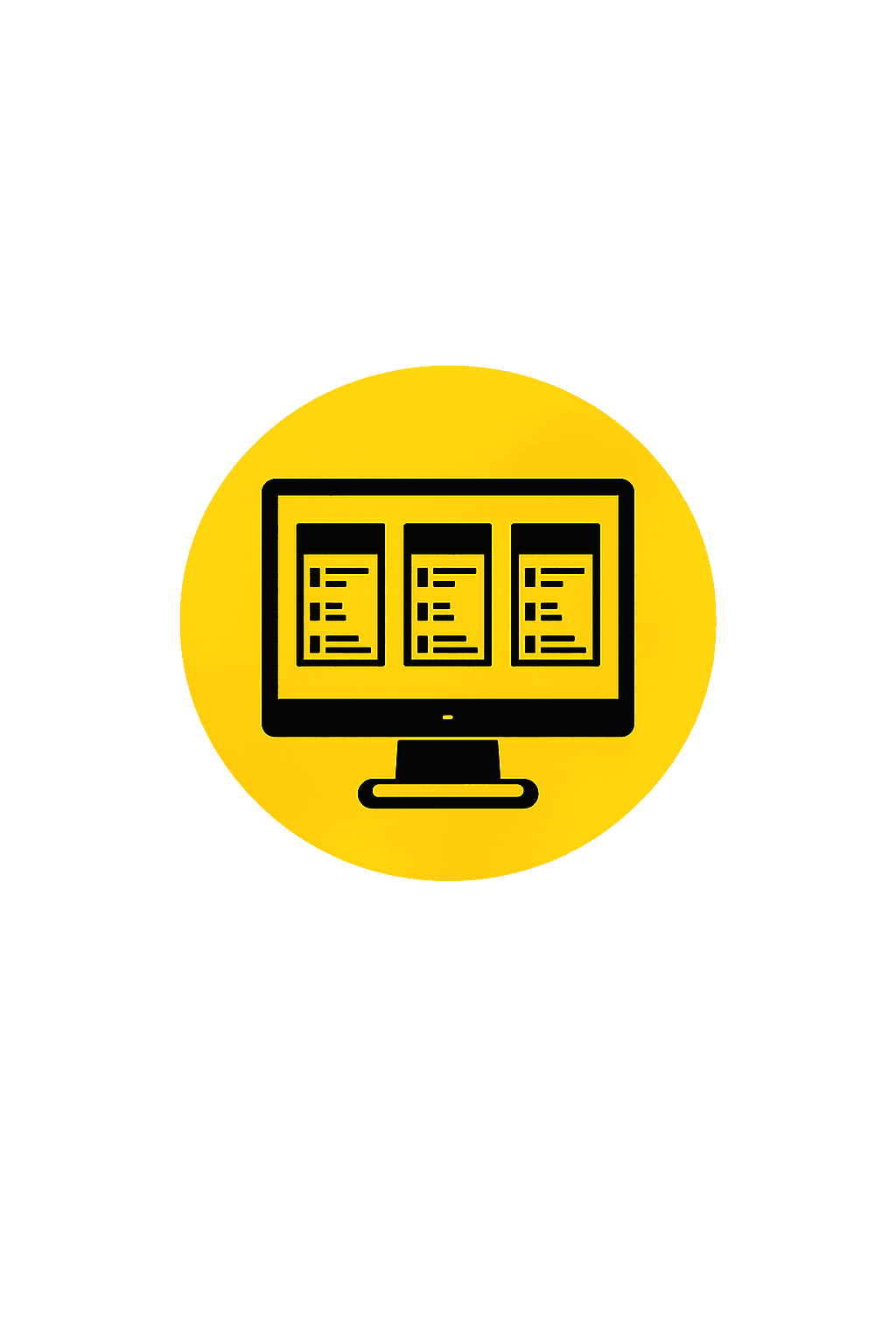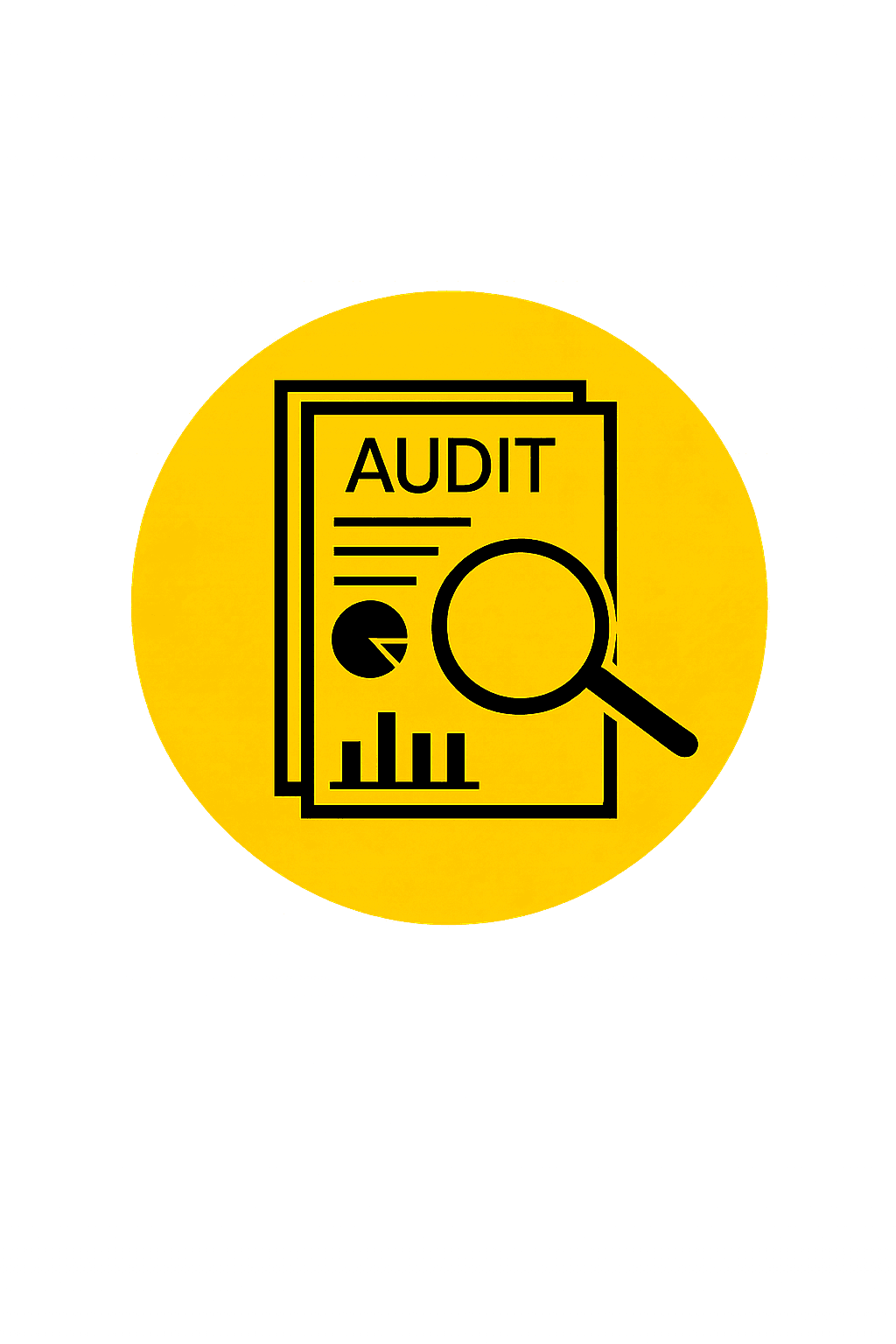The EORI (Economic Operators’ Registration and Identification) number is an operator identification number that is valid throughout the European Union and replaces the German customs number.
The EORI number is comparable to the German VAT number. This was determined to simplify the general taxpayer identification system applicable to the EU level.
The EORI numbers are a code that uniquely identifies each particular private person, legal entity, and company.
Immediately you conduct customs transactions in the European Union and beyond, you require an EORI number.
Who needs the economic operators’ registration and Identification (EORI) number in Germany?
All german private persons, legal person, company, and carrier who transports across borders in Europe needs their own EORI number in Germany. This number can then be used throughout the EU, meaning a German EORI number is valid throughout the European Union.
The EORI number is mandatory for players in foreign economic activities involved in import, transit, and export. One person or company can have only one EORI number, which must be used for any customs-related activity in the EU.
Companies that are situated on European Union territory are authorized the EORI number by the customs authorities of the member state in which they are established and registered. Businesses located outside the EU can also obtain an EORI number in Germany.
Subsidiaries of international companies that are located in another European country do not have to obtain their own EORI number. Also, companies that only transport a small number of cross-border goods do not need to apply for an EORI number.
How can my German company obtain the Eori number?
Although the EORI Number is mandatory for many companies, is not automatically allocated, you have to apply for it. The EORI number in Germany can be applied for by post, fax, or email to the German Customs Information and Knowledge Management or by using the Portal on the Zoll website. To use this portal companies need to gain the mandatory ELSTER-issued certificate for security purposes. This certificate is usable for companies and for private individuals. Also, applicants for an EORI number can apply by using the 0870 form. The application procedure is not subject to extra costs but it does impose an electronic signature and the necessary documentation.
The documents required when applying for an EORI number in Germany
In addition to the certain form, the following documents must be provided when applying for EORI registration in Germany:
- a valid identification document,
- an extract from the German Companies Register for companies, or
- a business registration number for sole traders.
You can also have a company representative lodge the application for an EORI number.
It takes usually a few weeks to get an EORI Number if you have a registered entity in Germany.
The EORI number for a branch office in Germany
Special provisions apply to branches in Germany considering the authorization of the EORI number. Because branches do not have legal capacity, the legal application is to be submitted by the headquarters that possess a legal capacity.
When applying for the EORI number of a branch, the form will contain information on the branch number, the name of the company and the branch, the business address, and the EORI number of the head office. The data concerning the registration of the headquarters with the trade register is also submitted.
The EORI number in Germany for a branch can be informed through a special form, as specified by the authorities.
To carry out activities that are impacted by customs law, an EORI number is needed. This means that the number should be applied on time and not after the start of the activity.
Are you ready to register your company in Germany or do you need help with some of the formalities attached to it? – Let’s go ahead and contact your Damalion expert now.
How to apply for an EORI number in Germany — eligibility, documents, application channels (online and paper), processing, changes/closures, and compliance safeguards for importers, exporters, and customs representatives.
For German and non-German businesses, SPVs, and customs brokers • Damalion facilitates. We coordinate. INTEGRATE OUR SERVICES. We scope requirements, prepare files, and liaise with stakeholders so authorities can review efficiently. Decisions remain at the sole discretion of the competent customs authority. This material is for general information only and does not constitute legal or tax advice.
Last updated:Executive overview
The Economic Operators Registration and Identification (EORI) number is a mandatory customs identifier for cross-border movements with the EU customs territory. Entities engaging in import, export, or customs representation linked to Germany must obtain an EORI prior to lodging customs declarations. Timely preparation of identity and registration evidence, accurate master data, and consistent contact details reduce processing time and post-registration corrections.
Who must apply
| Operator | Typical scenarios | Notes |
|---|---|---|
| EU-established company | Regular imports/exports; intra-EU procedures requiring customs interaction | EORI required before first declaration. |
| Non-EU company | Importing into or exporting from the EU via Germany | May obtain an EORI linked to German customs; local representative often appointed. |
| Customs representative/broker | Acts on behalf of traders | Must hold its own EORI; client must also hold/obtain one. |
Documents and data typically required
- Legal name, legal form, registered office, and business address.
- National company identifier (e.g., HRB number if applicable) and VAT number if available.
- Authorized signatory details and contact person for customs (email and telephone).
- For non-EU applicants: proof of incorporation/registration and address; representative mandate if appointing a broker.
- Where relevant: group relationships and existing EORI in another Member State (to avoid duplicates).
Application channels
- Online submission: via the competent customs portal (where available) with authentication; attach supporting documents as requested.
- Paper/emailed form: complete the official EORI application form and submit to the indicated customs office; keep a dated copy.
- Representation: a duly authorized representative may submit on behalf of the applicant; ensure a valid power of attorney.
Setup with Damalion — step by step
- Scope & verification. Confirm that activities require an EORI; check for any existing numbers to prevent duplication.
- Assemble master data. Legal name, identifiers, addresses, contacts, VAT, and signatory authority.
- Prepare evidence. Registration extracts, proof of address, and representation mandate if applicable.
- File application. Online or paper submission; ensure all fields match corporate registers and tax records.
- Authority follow-up. Respond to queries in one clean trail; provide clarifications or corrected data promptly.
- Registration & notification. Receive the EORI and circulate internally to logistics, brokers, and ERP teams.
- Post-registration maintenance. Update changes (name, address, VAT) without delay; retain evidence for audits.
Changes, suspension, and closure
Material changes (legal name, address, corporate form, VAT, or representation) must be notified to keep the EORI master data current. If activities cease, request closure or suspension as appropriate to avoid incorrect use. Intra-group reorganizations should include an EORI impact review.
Processing times and good practice
- Processing typically ranges from a few business days to several weeks depending on completeness and verification needs.
- Use consistent spellings and identifiers across registers and tax records to reduce back-and-forth.
- Provide a single competent contact to expedite clarifications.
Related reading
Frequently asked questions
Is an EORI required before the first import/export?
Can a non-EU company obtain a German EORI?
Does an EORI replace a VAT ID?
How do we update our EORI data?
What if we already have an EORI in another EU country?
Is a German establishment required to obtain an EORI?
Who can sign the application?
What are the legal consequences of incorrect data?
How does EORI interact with IOSS/OSS VAT schemes?
Do sole proprietors need an EORI?
Can multiple group companies share one EORI?
How quickly is the EORI usable after issuance?
Are translations or legalizations required?
How should ERP systems be configured?
What tax considerations arise with EORI?
20 Best Things to Do in Berlin, Hamburg, Munich, Cologne, Frankfurt, Stuttgart, and Düsseldorf
- Brandenburg Gate (Berlin) – iconic neoclassical gate and symbol of German unity.
- Reichstag Building (Berlin) – Germany’s parliament with a glass dome and rooftop views.
- Museum Island (Berlin) – five world-class museums on the Spree, a UNESCO ensemble.
- East Side Gallery (Berlin) – open‑air gallery on the longest preserved section of the Berlin Wall.
- Elbphilharmonie & Plaza (Hamburg) – landmark concert hall with panoramic harbor terrace.
- Speicherstadt & HafenCity (Hamburg) – red‑brick UNESCO warehouse district and modern waterfront.
- Miniatur Wunderland (Hamburg) – the world’s largest model railway & miniature world.
- St. Michael’s Church – “Der Michel” (Hamburg) – baroque icon with sweeping city views.
- Marienplatz & Neues Rathaus (Munich) – central square and New Town Hall with famous glockenspiel.
- Englischer Garten (Munich) – one of the world’s largest inner‑city parks.
- Nymphenburg Palace (Munich) – grand baroque palace with extensive gardens.
- Frauenkirche (Munich) – Munich’s cathedral with its distinctive twin towers.
- Cologne Cathedral – Kölner Dom (Cologne) – Gothic masterpiece and UNESCO World Heritage site.
- Hohenzollern Bridge & Love Locks (Cologne) – Rhine views beside the cathedral quarter.
- Old Town & Rhine Promenade (Cologne) – colorful alleys and riverfront walks.
- Römer & Altstadt (Frankfurt) – medieval town hall and reconstructed old quarter.
- Städel Museum (Frankfurt) – one of Germany’s leading art museums.
- Museumsufer / Museum Embankment (Frankfurt) – a cluster of museums along the Main River.
- Königstraße & Schlossplatz (Stuttgart) – central boulevard and palace square at the city’s heart.
- Media Harbour & Rheinturm (Düsseldorf) – contemporary waterfront district and Rhine Tower views.

